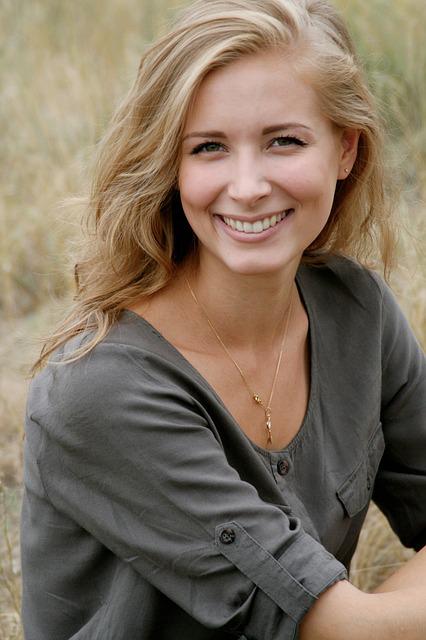If you decide to study medicine after high school, you need to be prepared for lifelong learning. The field is advancing by leaps and bounds, and physicians are under constant pressure to improve themselves. Medical school takes six years of study. During that time, students decide in which field they will work. They then decide on their basic specialty. Often, they discover their talents during practical training and internships. Responsibility is the main prerequisite for entering this profession. The medical fields that require manual dexterity in addition to specialized knowledge are primarily surgical.

It focuses on surgical interventions on various organs within the human body, often traumatic. Neurosurgery specializes in surgical procedures on the brain and the entire peripheral nervous system, spine, and spinal cord. Cardiac surgery likewise requires a complete mastery of surgical technique. It deals with the treatment of both congenital and acquired cardiac defects. Open heart surgery with extracorporeal circulation is often performed.

Gynecology and obstetrics are specialties that deal with women\’s health care. It mainly deals with prenatal and postpartum. Urology deals with diseases of the excretory system and treatment of the male reproductive organs. One of the most difficult areas of internal medicine is oncology. It focuses on both prevention and diagnosis and treatment of cancer. Nephrology focuses on kidney diagnosis and the possibility of transplantation and dialysis. Pulmonology deals with the treatment of pulmonary diseases, including tuberculosis. The surgical field of the visual organs and their treatment is called ophthalmology. Otorhinolaryngology specializes in the diagnosis of diseases of the nose, throat, and ears. Pediatrics is a specialty area dedicated to the treatment of children. It includes infants, children, and adolescents. Diseases of the hair, skin, sweat glands, and nails fall under the field of dermatology. Students may also study epidemiology, hematology, radiology, dentistry, rehabilitation studies, and psychology. These are only some of the specialties that await medical students. In fact, there are at least twice as many.